Endometriosis
Endometriosis Warning Signs
The initial signs of endometriosis are abnormally painful menstrual cramps that get worse over time. Endometriosis pain also can occur before you get your period or while having sex. However, while pain is the best-known symptom of endometriosis, you may not always recognize it.
Instead, other symptoms of endometriosis may present, such as:
- Fatigue
- Urination that’s painful during your menstrual cycle
- Bowel movements that are painful only during your period
- Other gastrointestinal issues, such as diarrhea, constipation, bloating, or nausea, especially during your period
- Heavy or excessive bleeding during your period and breakthrough bleeding from your uterus between your menstrual cycles
Because so many different diagnoses may include pelvic pain as a symptom, endometriosis can be hard to differentiate initially from diagnoses such as pelvic inflammatory disease, ovarian cysts, or irritable bowel syndrome.

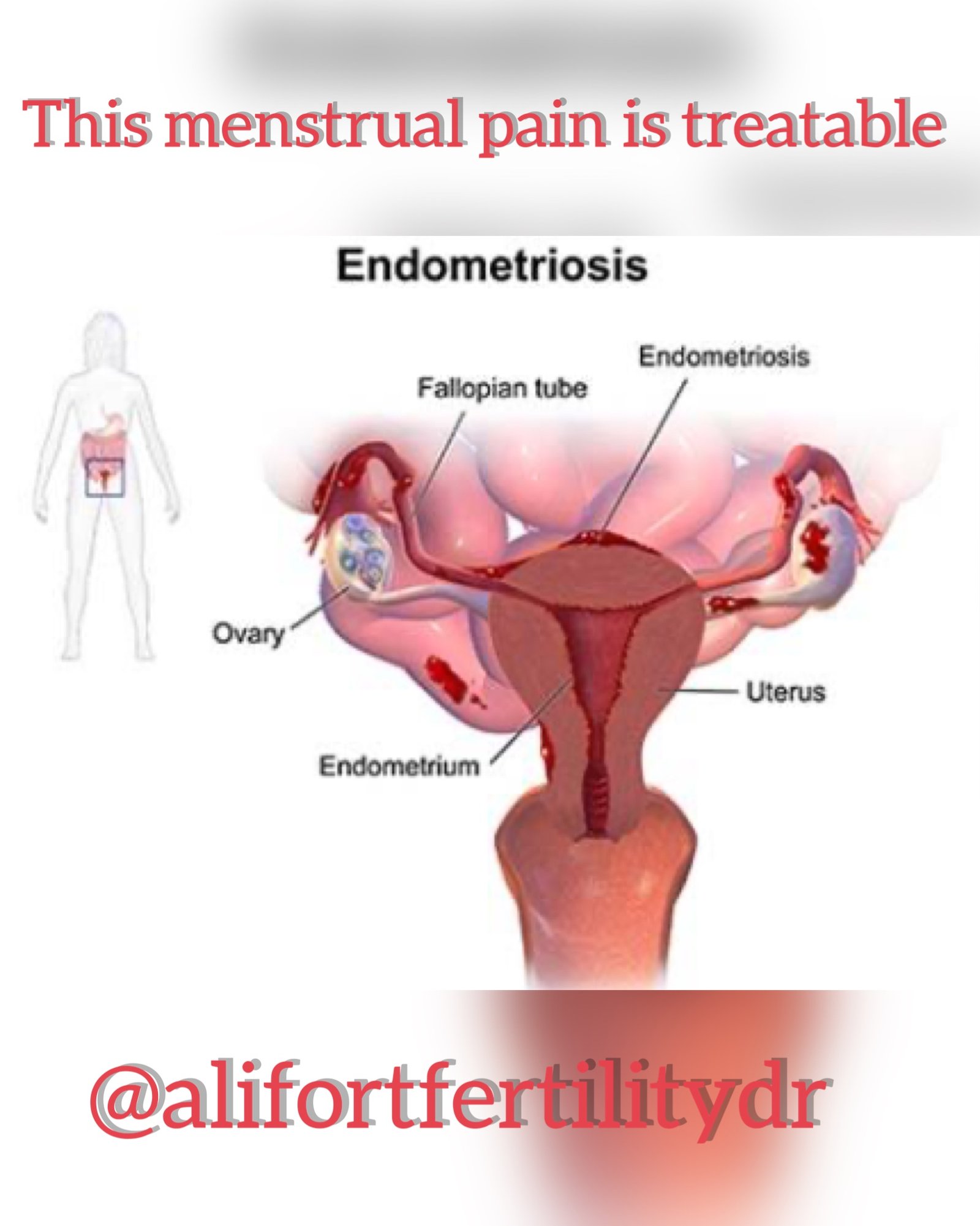


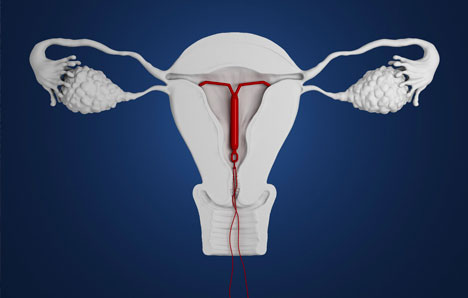 The cause of adenomyosis is unknown, but there are theories for this condition. It usually affects women later in life, before menopause, but after they’ve already had kids. It generally improves after you go through menopause because the hormones that cause menstruation are deficient.
The cause of adenomyosis is unknown, but there are theories for this condition. It usually affects women later in life, before menopause, but after they’ve already had kids. It generally improves after you go through menopause because the hormones that cause menstruation are deficient.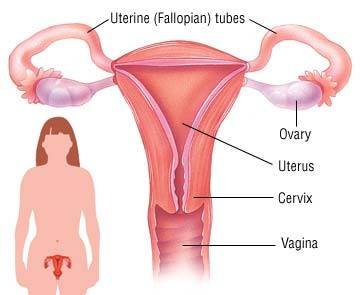



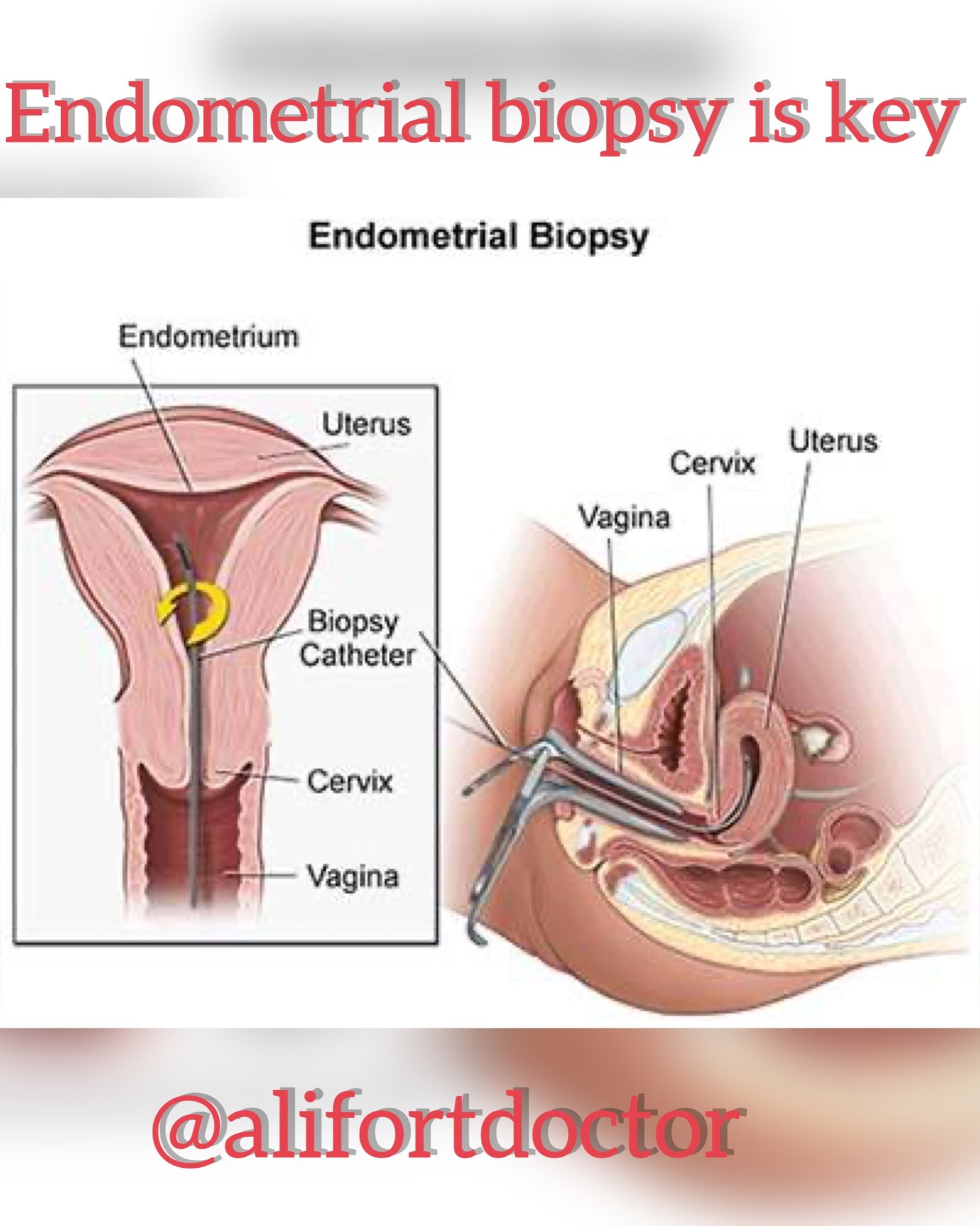
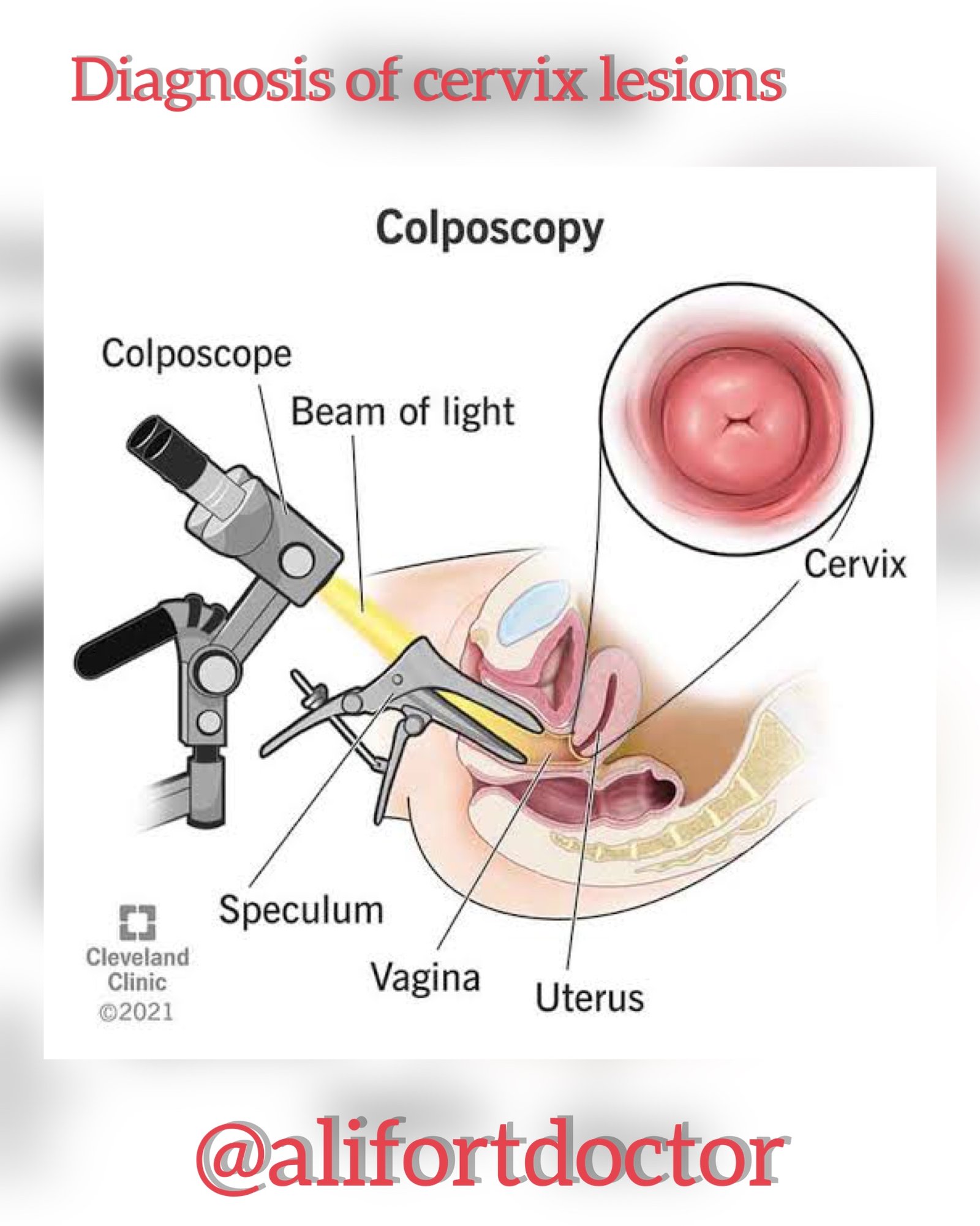
Recent Comments